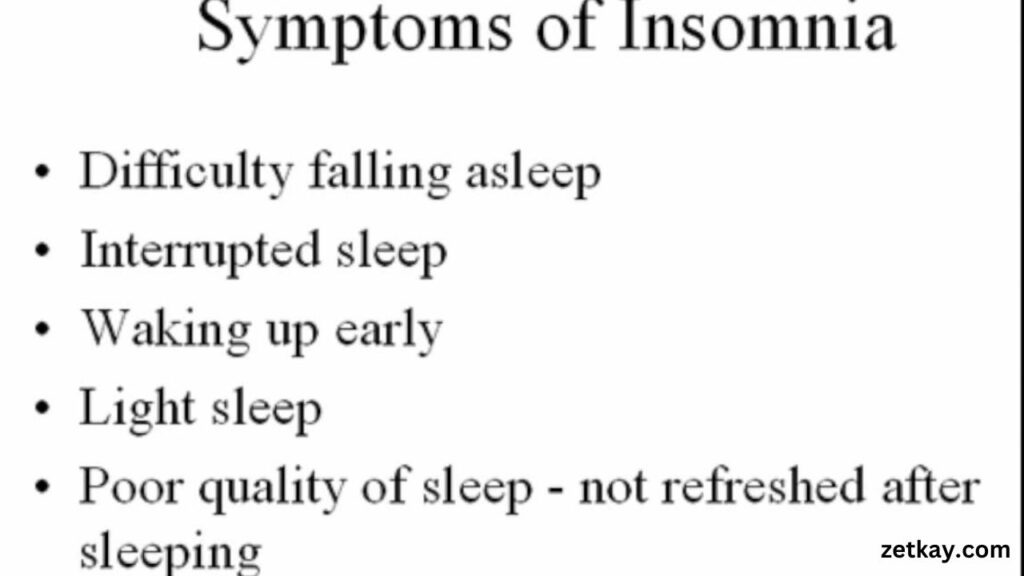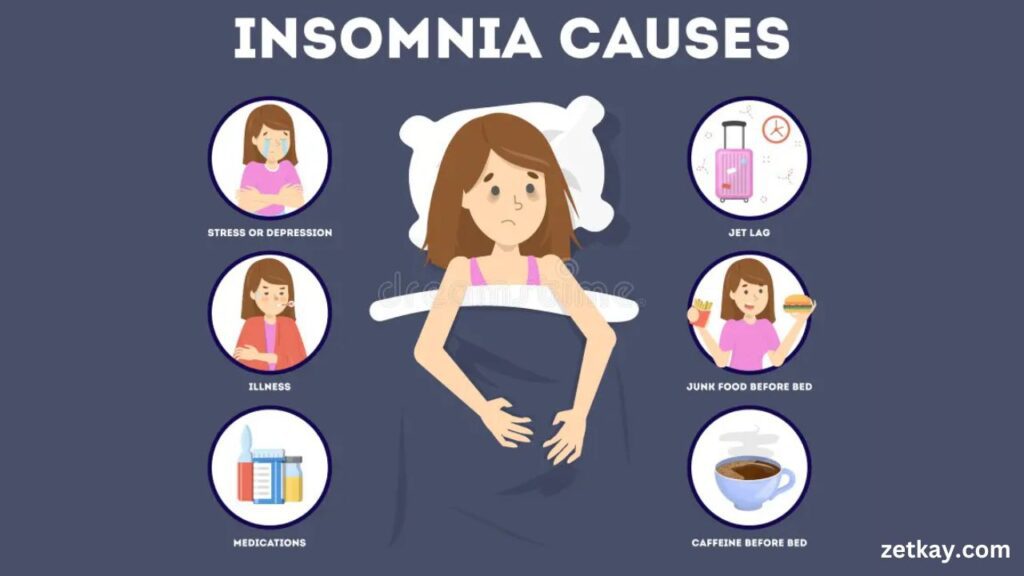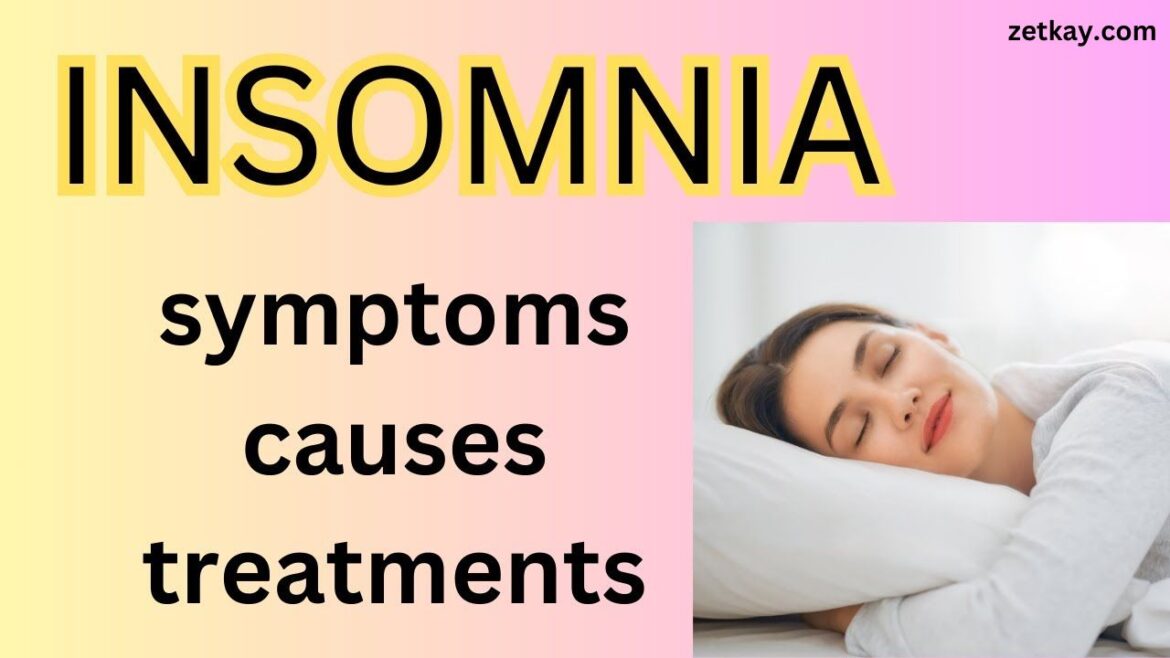Discover everything you need to know about insomnia, including its symptoms, causes, treatments, and frequently asked questions. Learn how to improve your sleep and manage this common sleep disorder.
Insomnia is a common sleep disorder that affects millions of people worldwide. It can significantly impact daily life by reducing energy levels, impairing concentration, and contributing to a range of health issues. Understanding its symptoms, causes, and treatment options is crucial for effective management.
Introduction
Insomnia, a prevalent sleep disorder, affects millions of individuals across the globe. It can hinder the ability to fall or stay asleep, leading to numerous physical and emotional challenges. Persistent insomnia not only impacts energy levels but also reduces productivity and overall well-being. This guide explores the symptoms, causes, and effective treatments for insomnia, offering actionable insights to help regain restful sleep.
Overview
Insomnia is defined as the chronic difficulty in falling or staying asleep despite having the opportunity to sleep. It is classified into two types: acute and chronic. Acute insomnia lasts for a few days or weeks and is often triggered by stress or significant life changes. Chronic insomnia persists for a month or more and is usually linked to underlying medical or psychological conditions. Addressing insomnia is crucial as prolonged sleep deprivation can lead to serious health issues, including weakened immunity, cardiovascular problems, and mental health disorders.
With a wide range of contributing factors, from stress and poor sleep hygiene to medical conditions and lifestyle habits, the condition requires a comprehensive approach to management. Through behavioral therapy, lifestyle adjustments, and medical interventions, most individuals can find relief and achieve restorative sleep.
Symptoms of Insomnia
Insomnia manifests through various symptoms that can differ from person to person. One of the most common symptoms is difficulty falling asleep, where individuals struggle to initiate sleep even when they feel tired. Another symptom is frequent nighttime awakenings, where people wake up multiple times during the night and find it hard to fall back asleep. Early morning awakenings are also a key symptom, characterized by waking up earlier than desired and being unable to return to sleep. These disruptions often lead to daytime fatigue or excessive sleepiness, affecting energy levels and productivity. Additionally, people with insomnia may experience irritability, mood disturbances, and difficulty concentrating, which can further impact their personal and professional lives.

Causes of Insomnia
The causes of insomnia are varied and often interconnected. One major cause is stress and anxiety, which can stem from life events like work pressures, financial worries, or relationship issues. Chronic stress or anxiety disorders can disrupt the body’s ability to relax and fall asleep. Poor sleep habits, such as irregular sleep schedules, excessive screen time before bed, or engaging in stimulating activities late at night, can also contribute to insomnia. Medical conditions, including chronic pain, asthma, gastrointestinal problems, or neurological disorders like Parkinson’s disease, often interfere with restful sleep.
Certain medications, such as those for asthma, depression, or high blood pressure, may have side effects that disrupt sleep patterns. Lifestyle factors, including the consumption of caffeine, nicotine, or alcohol, especially in the evening, can hinder sleep. Additionally, sleep disorders like sleep apnea, restless leg syndrome, or circadian rhythm disorders can directly cause or exacerbate insomnia.

Treatments for Insomnia
Effective treatment of insomnia typically involves addressing its underlying causes and adopting strategies to improve sleep quality. One highly recommended approach is Cognitive Behavioral Therapy for Insomnia (CBT-I). This structured, evidence-based therapy helps individuals identify and change negative thoughts and behaviors that interfere with sleep. Techniques such as sleep restriction, stimulus control, and relaxation training are commonly used in CBT-I.
Medications may also be prescribed for short-term relief. These include sleep aids like benzodiazepines or non-benzodiazepine sedatives. Over-the-counter options, such as melatonin supplements, can help regulate the sleep-wake cycle for some individuals. However, medications should always be used under medical supervision.
Lifestyle modifications play a crucial role in managing insomnia. Maintaining a regular sleep schedule by going to bed and waking up at the same time every day can help regulate the body’s internal clock. Creating a sleep-friendly environment, such as keeping the bedroom dark, quiet, and cool, can promote better sleep. Limiting screen time before bed and avoiding phones, tablets, and computers at least an hour before sleeping can also reduce sleep disturbances. Regular physical activity, preferably earlier in the day, can improve sleep quality, but vigorous exercise should be avoided close to bedtime.
Stress management techniques, including mindfulness, meditation, or yoga, can promote relaxation and reduce the mental chatter that often prevents sleep. Addressing underlying medical issues, such as chronic pain or sleep apnea, is essential for long-term relief. Consulting a healthcare provider for proper diagnosis and management is highly recommended.
When to See a Doctor
If insomnia persists for more than a few weeks or significantly impacts daily functioning, it is essential to seek medical advice. A healthcare professional can help determine the underlying cause of insomnia and recommend appropriate treatments tailored to individual needs.
FAQs About Insomnia
What is insomnia, and how common is it?
Insomnia is a sleep disorder characterized by difficulty falling or staying asleep, or waking up too early and being unable to return to sleep. It affects millions of people globally, with varying degrees of severity.
Can stress cause insomnia?
Yes, stress is one of the leading causes of insomnia. Life events, work pressures, financial worries, and relationship issues can all trigger stress that interferes with sleep.
How is insomnia diagnosed?
Insomnia is typically diagnosed based on a patient’s medical history, sleep habits, and reported symptoms. In some cases, a sleep study may be conducted to rule out other sleep disorders.
Are over-the-counter sleep aids effective?
Over-the-counter sleep aids, such as melatonin, can be helpful for short-term sleep issues. However, they are not a substitute for addressing the underlying causes of insomnia and should be used under medical guidance.
How long does insomnia usually last?
Insomnia can be acute (lasting a few days or weeks) or chronic (lasting for a month or more). Chronic insomnia often requires medical intervention and lifestyle adjustments for effective management.
Can lifestyle changes alone cure insomnia?
In many cases, adopting healthy sleep habits and lifestyle changes can significantly improve sleep quality and alleviate insomnia. However, some individuals may require additional therapies or medications.
Is insomnia linked to other health problems?
Yes, chronic insomnia is associated with various health issues, including depression, anxiety, cardiovascular disease, and weakened immune function.
Can children have insomnia?
Yes, children can also experience insomnia, often due to irregular sleep schedules, stress, or underlying medical conditions. Addressing these factors is essential for their healthy development.
Conclusion
Insomnia is a treatable condition, but it requires a proactive approach to address its root causes. By understanding its symptoms and implementing effective treatment strategies, individuals can improve their sleep quality and overall well-being. If you’re struggling with insomnia, don’t hesitate to reach out to a healthcare provider for guidance and support.
